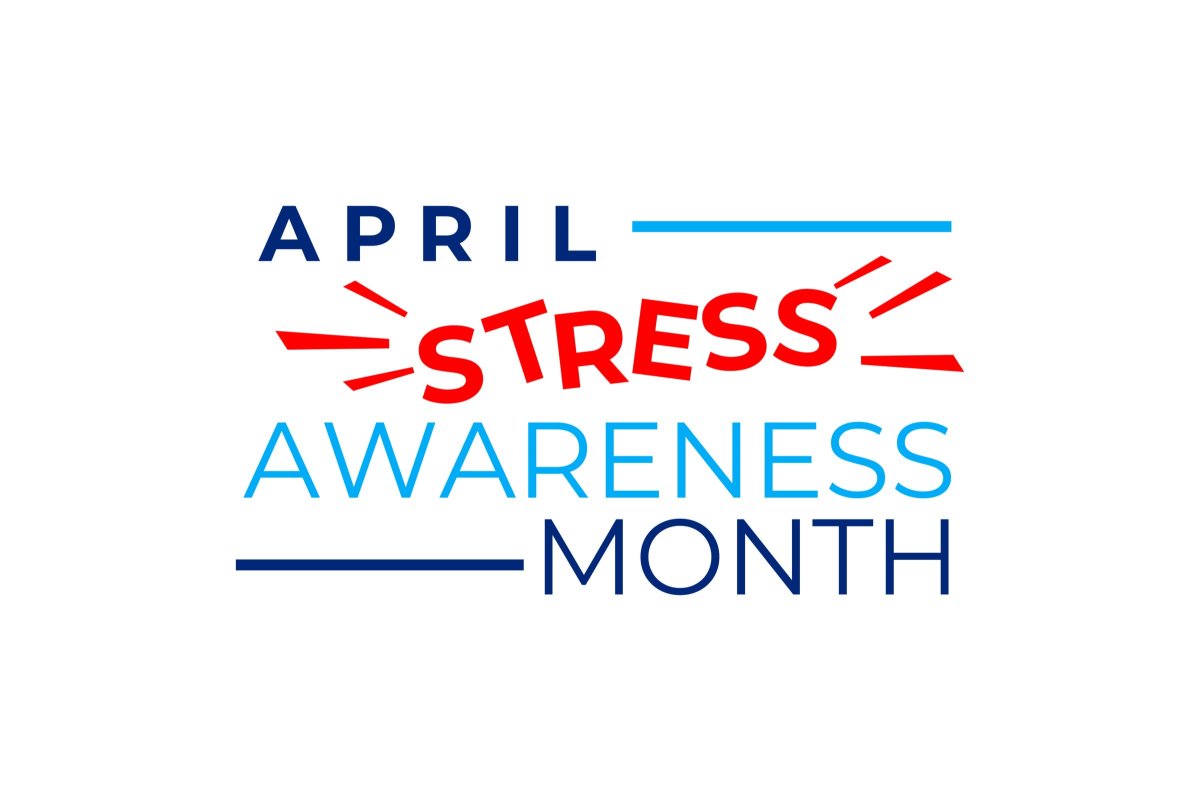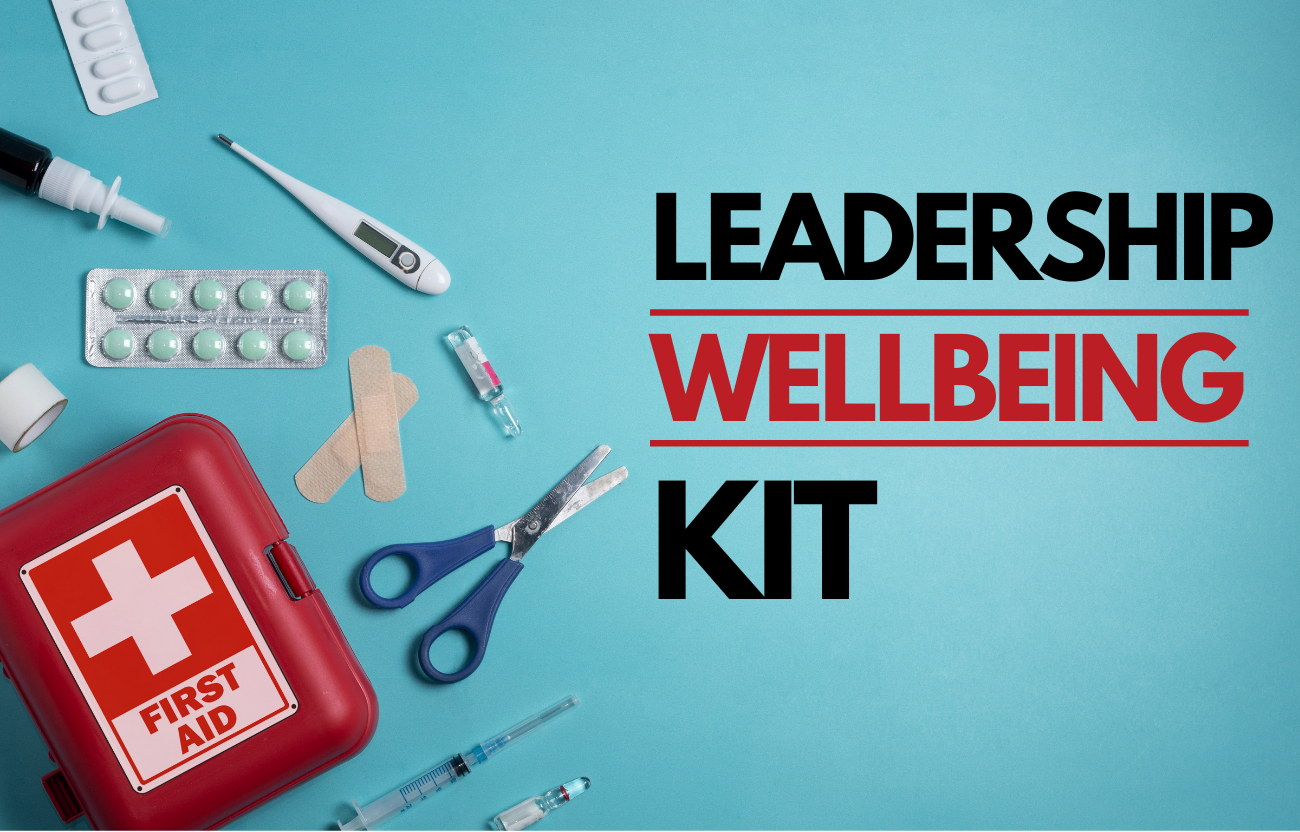April is Stress Awareness Month, and while that might sound like a downer, it’s an opportunity for positive change. It’s not about wallowing in our work distress, but about getting proactive and finding better ways to manage our stress levels. That’s where our #BeMindfulAtWork campaign comes in – this month, we’re sharing tips and resources to help you thrive, not just survive, at work.
Part 1: What’s Your Work Stress Profile?
Stress at work isn’t just about feeling overwhelmed. It’s about what specifically pushes your buttons. Understanding your triggers is the first step to finding the right solutions. Here are some everyday work stressors:
- Deadlines and Time Pressure
- Difficult Colleagues or Clients
- Lack of Control Over Workload or Decisions
- Unclear Expectations or Poor Communication
- Feeling Undervalued or Unappreciated
Mini Quiz: Identify Your Triggers
Answer “yes” or “no” to the following:
- Do you find your heart racing when new tasks are added at the last minute?
- Does conflict with a coworker send you into a tailspin?
- Do you get frustrated when you feel like you have no say in how your work is done?
- Are you often unsure about what your manager or clients expect?
- Do you feel like your efforts go unnoticed or unappreciated?
There’s no scoring here – this is about noticing what sets your stress response in motion.
Part 2: The Power of Mini-Breaks
Now that you have a better idea of what triggers your stress, let’s explore some solutions. The good news is, you don’t need a complete overhaul of your workday. Even tiny shifts in how you approach stressful moments can make a big difference. Let’s look at some quick mindfulness practices you can do right now, at your desk, to combat those stress triggers.
- Box Breathing: Inhale for a count of 4, hold your breath for 4 counts, exhale for 4, and hold for another 4. Repeat several times.
- 5 Senses Focus: Name 5 things you see, 4 things you hear, 3 things you can touch, 2 things you smell, and 1 thing you taste.
- Deskside Stretch: Do some simple neck rolls, shoulder shrugs, and twists. Release that physical tension!
Part 3: Beyond the Individual: Stressful Systems
Sometimes, it’s not about what YOU can change, but the work environment itself. It might be a sign of deeper issues if you consistently feel stressed despite your best efforts. These could include:
- Burnout Culture: Where overwork is celebrated, and taking care of yourself is frowned upon.
- Poor Communication: Unclear directions, lack of feedback, or conflicting information create constant stress.
- Toxic Work Environment: Bullying, gossip, or lack of support take a serious mental and emotional toll.
If this sounds familiar, unfortunately, difficult work environments are sadly typical. Here are some ways to help:
- Set Boundaries Where Possible: Can you sometimes say “no” to extra tasks? Limit interaction with toxic colleagues? Block out focus time? Even small boundaries help.
- Document Everything: If you experience bullying, poor communication, or unfair treatment, keep a record (emails, dates, etc.). This helps if you ever need to advocate for yourself.
- Focus on Self-Care: You can’t control the workplace, but you CAN control how you care for yourself outside of work. Prioritize sleep, exercise, and healthy outlets.
- Find Your People: Can you confide in a trusted friend in a similar field? Online support groups? Knowing you’re not alone is powerful.
- Know Your Limits: Admitting a job harms your well-being is okay. Start casually exploring other options, even if a move isn’t feasible immediately.
Remember, you’re not alone in this, and recognizing unhealthy work patterns is a powerful first step! So, what are YOUR biggest work stressors? Share your experiences in the comments below! We’d love to hear from you. And don’t forget to use the hashtag #BeMindfulAtWork to join the conversation and share your tips for staying calm and collected at work.


